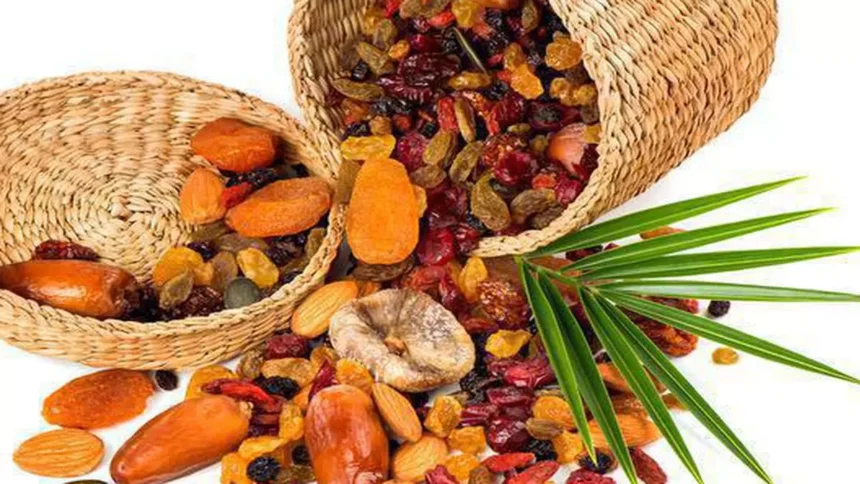The Nuts and Dry Fruits Council (India) has put forth a set of pre-Budget proposals, including a call for a rationalisation of walnut import duty on a per-kg basis and a reduction in GST to 5 per cent from the current 18 per cent. The trade body has also urged the government to introduce a production-linked incentive (PLI) scheme for the sector, with a focus on supporting small and medium-scale traders.
Gunjan V Jain, President of NDFC, stated that the council is seeking a shift to a per-kilo import duty on walnuts instead of percentage-based taxation. With the dry fruits market in India expected to reach $12 billion by 2029 and growing at a CAGR of 18 per cent, measures like these are deemed necessary to protect the interests of local walnut farmers.
The NDFC’s proposal recommends setting the walnut import duty at ₹150 per kg to safeguard domestic walnut producers, particularly those in Kashmir, which accounts for over 90 per cent of the country’s walnut production. Despite the existing 100 per cent import tariff, India imports a significant volume of walnuts from countries like Chile and the US.
In addition to import duty rationalisation, the council has called for increased subsidies to expand production areas for walnuts and other dry fruits, aiming to reduce the country’s dependence on imports. While India is among the top 10 walnut-producing countries, challenges such as land fragmentation and high interest rates hinder large-scale farming for the nuts and dry fruits industry. States like Kerala and Karnataka are prominent producers of cashews and other dry fruits, but addressing these challenges is crucial for the industry’s growth.
The NDFC is also actively involved in walnut plantation initiatives in Kashmir, Himachal Pradesh, and Uttarakhand, with a target of planting 2 lakh trees in two years. To further enhance the sector, the council has partnered with a Chilean industry body for technology transfer and knowledge sharing.
The upcoming MEWA India trade show, scheduled for February 12-14 in Mumbai, will feature over 300 exhibitors from more than 50 countries, showcasing a wide range of dry fruits and nuts. Key markets like the US, Chile, Iran, Turkey, Oman, Saudi Arabia, and Australia will be represented at the exhibition.
In conclusion, the Nuts and Dry Fruits Council’s proposals aim to streamline import duties, reduce GST rates, and introduce supportive measures like the PLI scheme to boost the growth of the dry fruits industry in India. By addressing key challenges and promoting domestic production, the council envisions a thriving and self-reliant nuts and dry fruits sector in the country.










